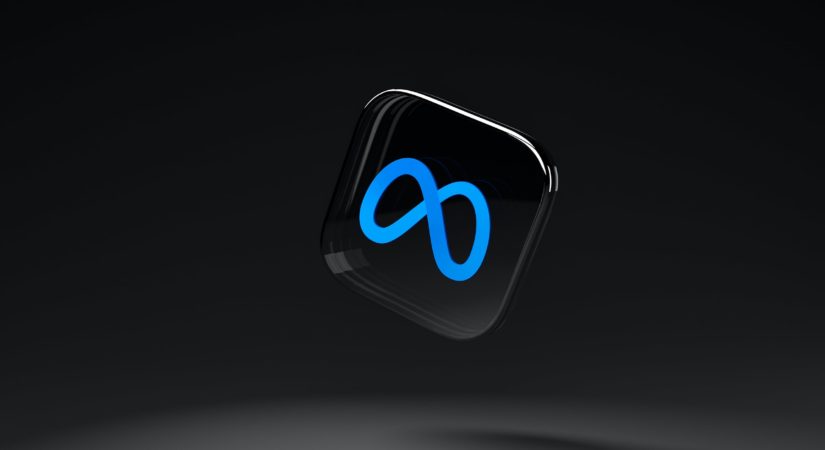In a significant step towards enhanced privacy, Meta today unveiled plans to implement default end-to-end encryption for Messenger by the end of the year. This initiative is an extension of Meta’s ongoing efforts to fortify security in its messaging services.
Meta’s Journey Towards Encryption
Meta has been building end-to-end encryption features in Messenger for several years, but most of these developments were either optional or experimental. The timeline includes:
- 2016: Introduction of “secret conversations” mode.
- 2021: Encryption for voice and video calls.
- 2022: Group chats and individual chats encryption testing.
Pressures and Legal Challenges
With increasing societal pressure to prevent unauthorized access to users’ messages, Meta’s focus on encryption has become paramount. The urgency was heightened after legal incidents involving user data handed over to law enforcement.
Upcoming Changes and Challenges
The tech giant is expanding its test of encryption features to millions more people’s chats, facing significant engineering challenges.
Rebuilding Server Architecture
Meta needed to overhaul the old server architecture, developing a new way to manage chat history through protections like PINs. Over 100 features were rebuilt to accommodate end-to-end encryption.
Learning from WhatsApp
Meta’s popular app WhatsApp has already had end-to-end encryption for years. The Messenger team is leveraging these lessons to implement similar privacy measures.
Future Plans and Global Impact
Meta’s deputy privacy officer, Rob Sherman, also revealed that Instagram DMs will follow Messenger’s encryption rollout.
Authorities’ Response
Governments are exploring regulations that might jeopardize messaging app encryption. Meta has resisted these proposals to uphold privacy but still has work ahead for Messenger and Instagram DMs.
Conclusion
Meta’s announcement of default end-to-end encryption for Messenger is a monumental move in the digital communication landscape. As the company navigates complex engineering challenges and societal pressures, the focus on user privacy continues to shape the future of online interactions.
